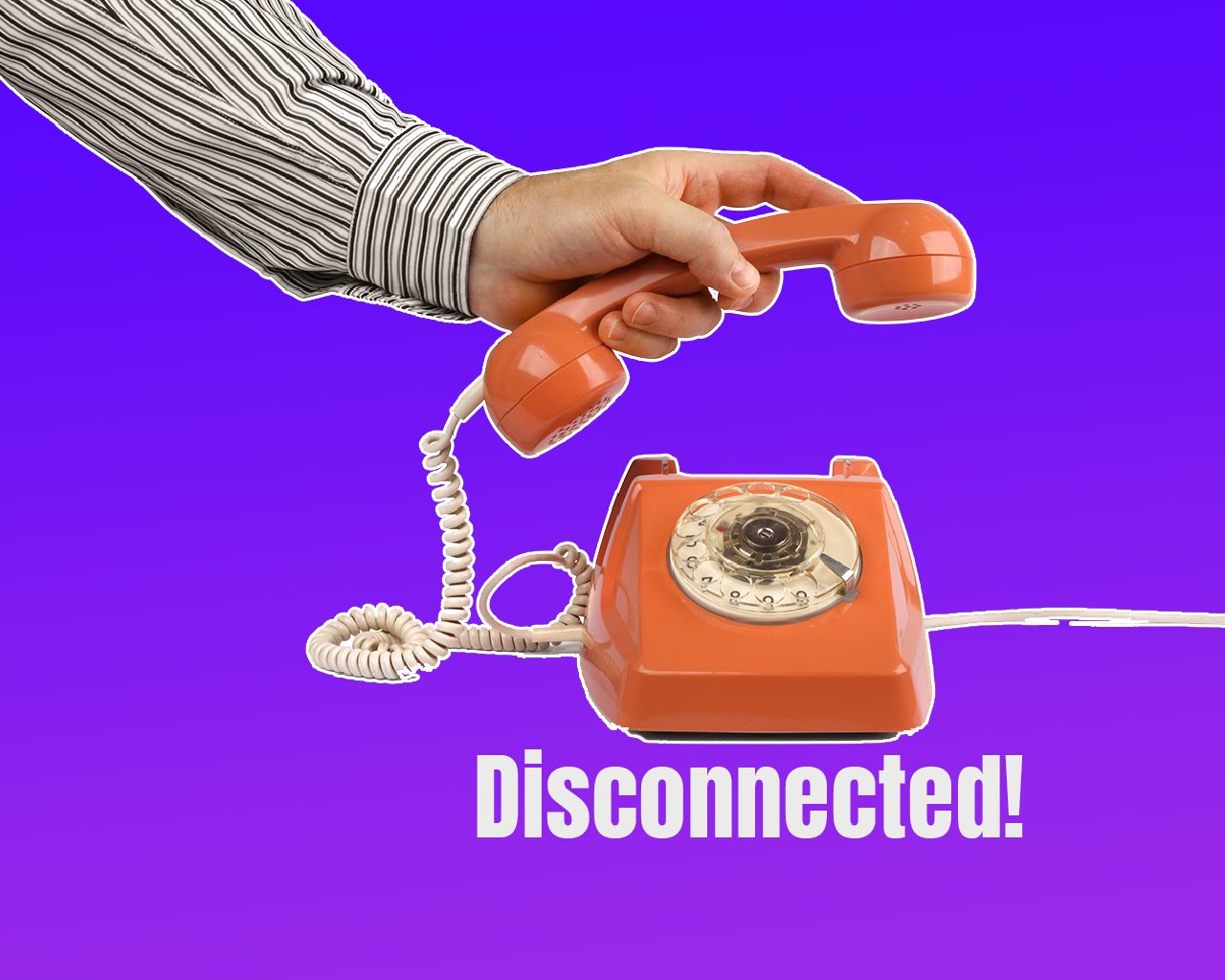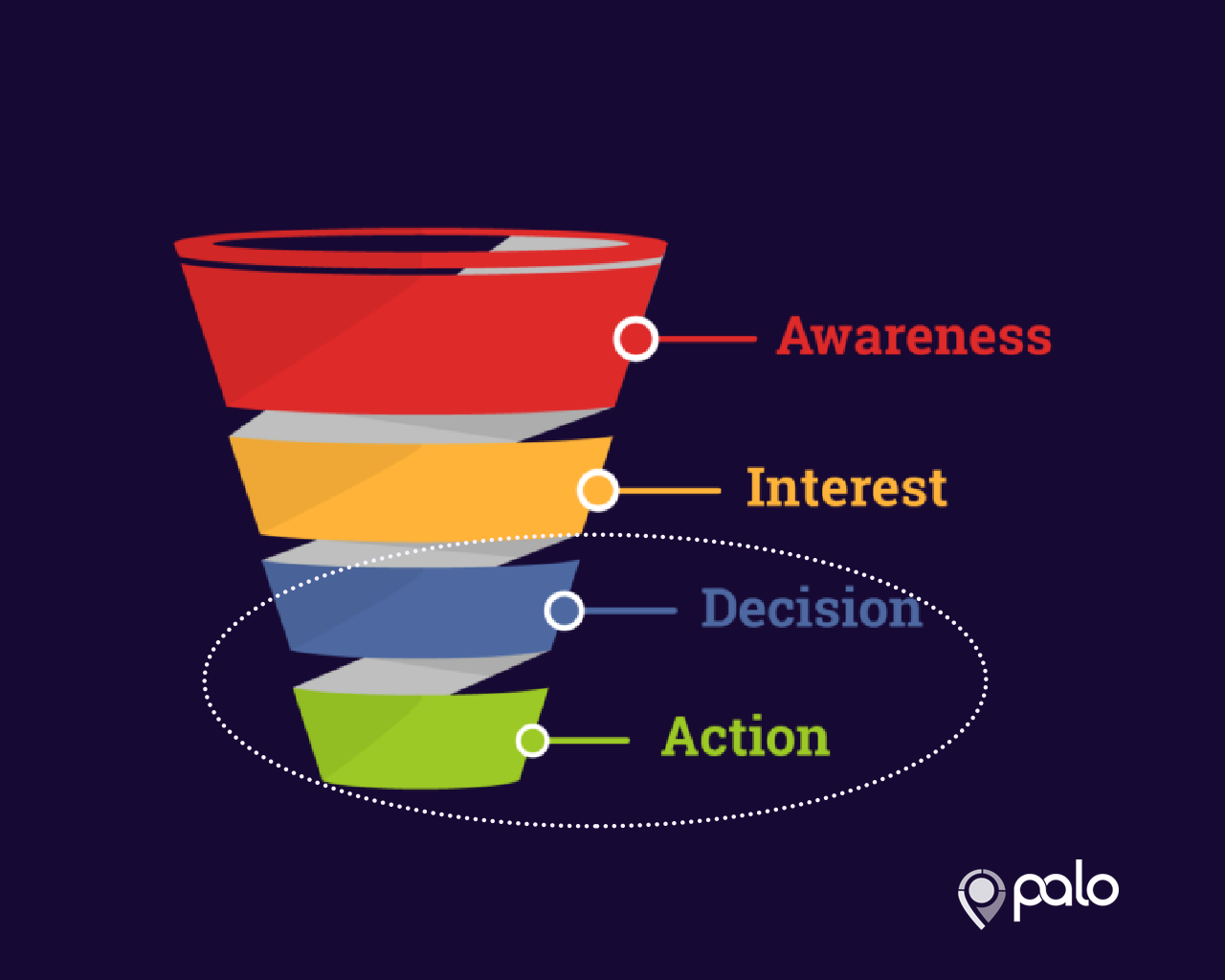
When Is It OK to Hang Up On a Customer?
Are you a call center agent or manager? If so, you understand how tough it can be handling complaints or talking to angry customers. It takes patience and training to work through these difficult situations.
But some customers are rude and insensitive. Dealing with them will automatically leave you with one question on your mind: “When is it OK to hang up on a customer?”
Unfortunately, there is no straightforward answer to this question. Hanging up on anyone is never a good idea, even though you may feel like it sometimes.
Handling demanding customers goes with the territory – it is part of your job. However, there are circumstances under which it is unavoidable.
In this post, we outline some guidelines on handling angry customers and how you can politely hang up calls when the situation gets worse.
How to Handle an Irate Customer
When dealing with a difficult or hostile customer, the first rule is to avoid reacting emotionally. You may get upset or frustrated after exhausting yourself, and the customer remains unreasonable.
But before saying something rash to a caller or slamming the phone down on your desk, try to:
- Pause: Before having a productive conversation with the caller, you must diffuse the emotion first. Allow them time to vent since they may have been obsessed with this issue for days.
- Acknowledge: This is your chance to express sincere remorse and empathy for their situation.
- Clarify: Be patient with the customer, listen attentively, and ask specific questions to understand the issue.
- Respond: Whatever your response, be positive, but avoid promising anything you cannot deliver because this would worsen your situation.
- Focus on what you can do: Tell them how you can solve the issue, but avoid reminding them what you cannot do.
If you follow this guideline and still cannot reason with the caller, it is entirely within your limits to hang up on them.
When Is It OK to Hang Up On a Customer?
The reasons for hanging up on a customer vary from one company to another. But generally, call center agents can hang up on a customer when:
- The caller makes personal insults against you.
- The caller is arrogant and refuses to listen to your reasoning.
- The caller makes physical threats to you.
- The caller constantly yells or screams at you.

At this point, you should feel free to inform the caller that their remarks are insulting and let them know that you will terminate the conversation if the they don’t stop it.
Cutting communication is not the goal. Instead, the aim is for the customer to get the support they need while ensuring the agent is treated respectfully.
Protocol for Hanging Up on Rude Customers
Your policy for terminating customer calls should align with your company culture, and you should make the operating procedures known to your team.
However, these rules will differ from one case to another. For every reason to hang up that you identify, try to develop an operating policy. Here is an example policy for handling a caller who is cursing.
Step 1: Politely tell the caller that cursing will not help address their problem.
Step 2: If the caller continues cursing, warn them that if they curse again, you will terminate the call, and they can call back after calming down.
Step 3: If the customer fails to heed the warning, say, “I’m sorry, but I will hang up on you now due to repeated unacceptable language. Please call back when you can discuss the matter calmly,” and terminate the call immediately.
Step 4: Inform the call center manager or supervisor that you have hung up on a customer, explain the situation in the call log, and note this encounter in the customer’s account.
This operating procedure is not a script but a general guideline on what customer care representatives or call center agents should do.
That way, when this customer calls back later, the next agent can prepare for what may happen.
What About the Old Three-Strike Rule?
There is an old three-strike rule for regular customer service call centers. This rule allows an agent to terminate a customer’s call after the third “offense.”
The problem is that agents find it difficult to stick by this rule when the customer goes beyond being rude.
For instance, what should they do when a customer makes racist, sexist, or homophobic comments? What about when a customer threatens the agent?

These examples highlight the need for operating procedures and a policy for dealing with abusive customers.
The policy should serve as a guideline for agents in all possible scenarios, underlining the difference between an angry and an abusive customer.
One scenario to include is an escalation process if the agent thinks something can be done but struggles to navigate the situation.
Ideally, the terminated call should be reviewed later as part of continuous development and support.
Put Yourself in the Customer Shoes Cliché
Call center agents have grown tired of hearing this. But it has become cliché for a reason.
Angry customers are angry for a reason. Their justified rage should not be mistaken for a lack of empathy.
Like any other life situation, an agent should try to put themselves in the customer’s shoes to understand why the customer behaves as such.
Agents should never assume they have the authority to end a conversation just because a customer is upset.

After all, an agent’s job is to understand the reason behind the call and take necessary measures. Call center managers should empower their teams to manage calls and take control in appropriate ways.
Managers should only allow agents to terminate a call after undergoing proper training. One way to approach this is by coaching resilience as a key agent skill and empowering them to decide when to hang up on a client.
So, while there are situations when it is OK to hang up on a client, staff members need extensive training to know what is acceptable and what is not.
Bottom Line
Unfortunately, the answer to when an agent can hang up on a customer is unclear. Although the three-strike rule is the mainstay guideline in most call centers, it raises the question of whether it is OK to subject an agent to harassment more than once.
Therefore, the best thing would be establishing guidelines and policies on when agents can hang up on customers. Lay out the possible scenarios and have a set of straightforward operating procedures that agents understand and must adhere to.
Coaching them on resilience and empowering them to trust their tolerance levels is also good. Whatever you choose, ensure it aligns with your company culture and seek your team’s opinions.
At PALO, we excel at running profitable pay-per-call campaigns that can help you generate highly qualified leads for your business. Talk to our team today to find out if we can work together to scale your business.






